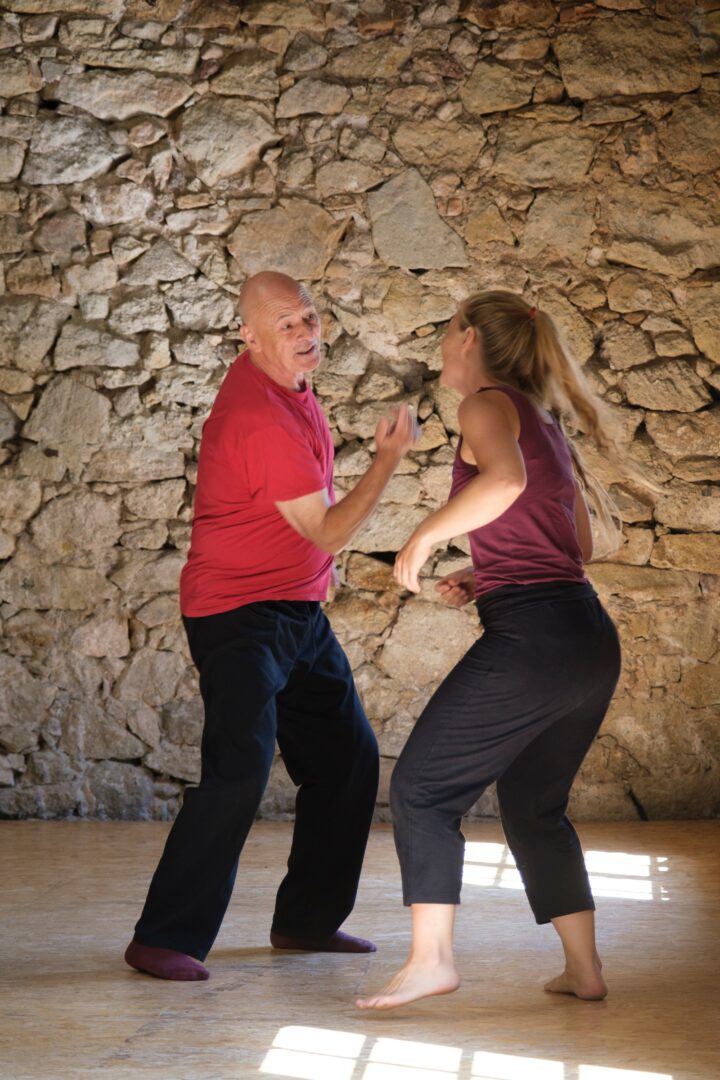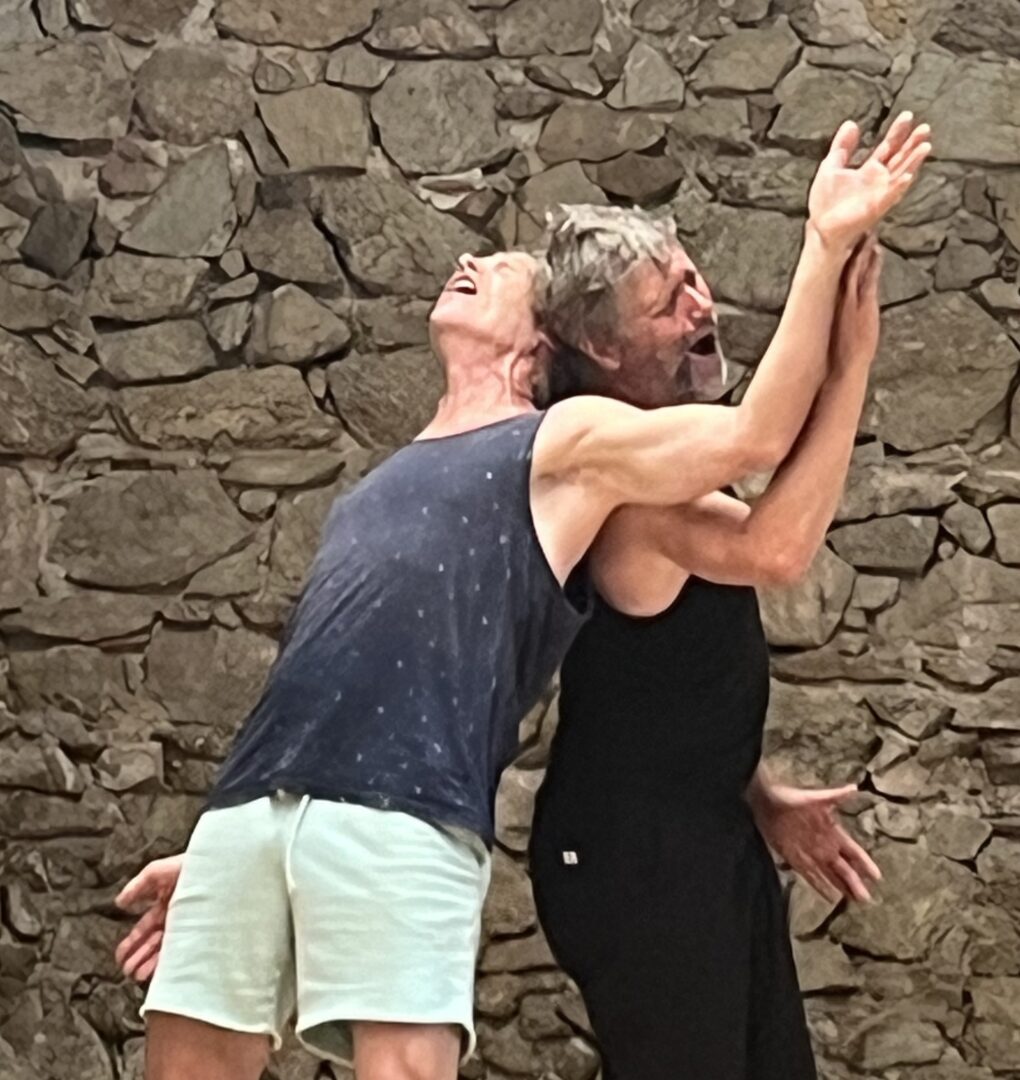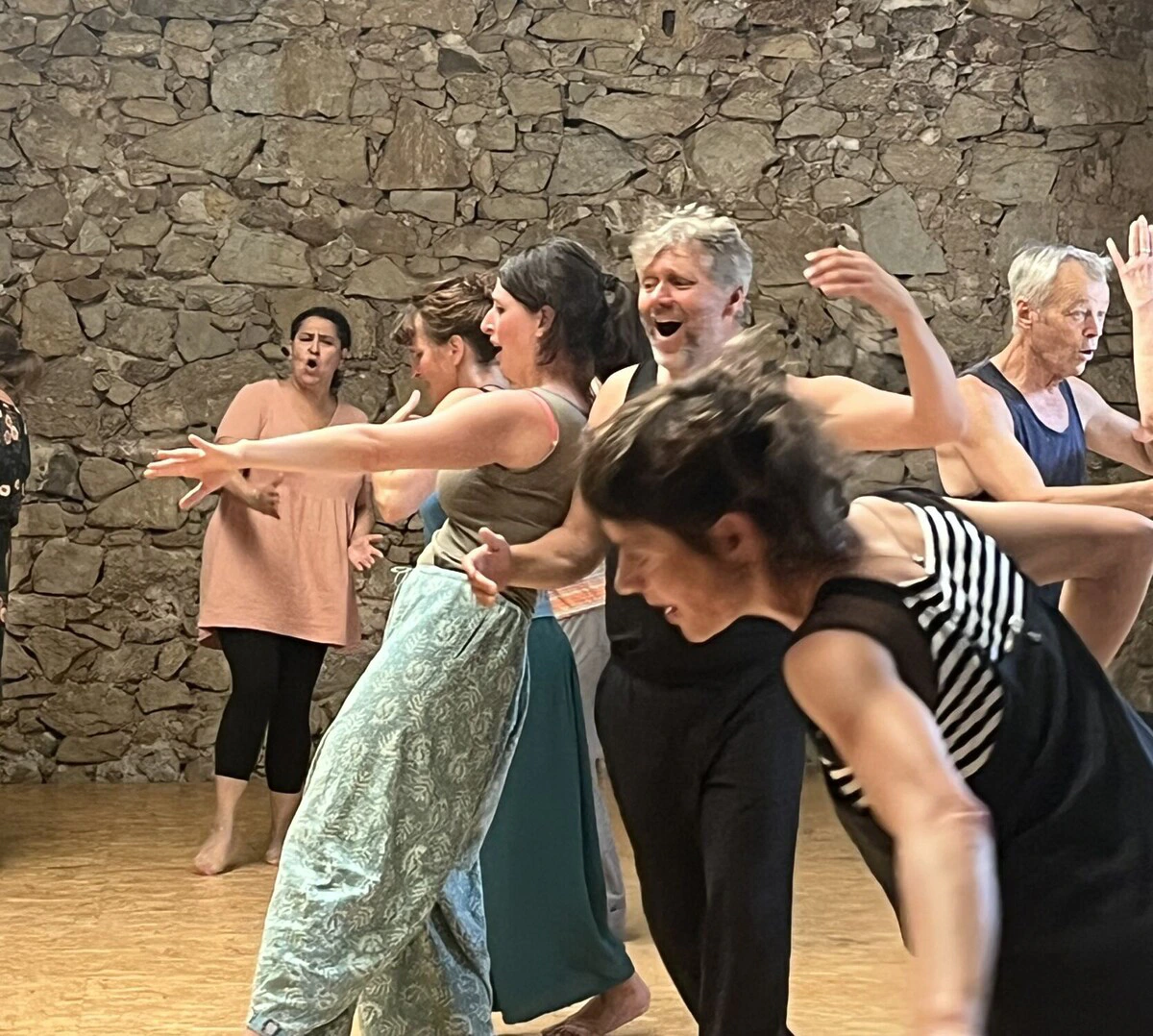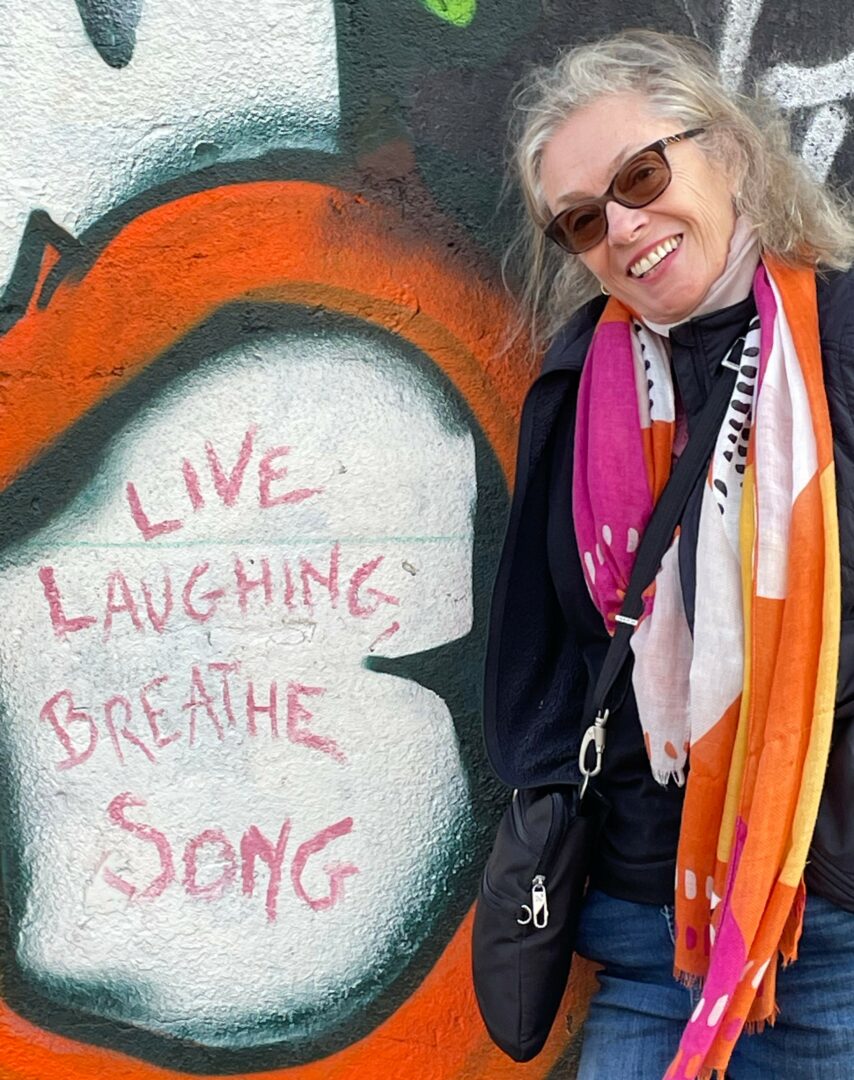We’re excited to introduce you to the always interesting and insightful Marya Lowry. We hope you’ll enjoy our conversation with Marya below.
Hi Marya, really happy you were able to join us today and we’re looking forward to sharing your story and insights with our readers. Let’s start with the heart of it all – purpose. How did you find your purpose?
The German poet and scientist Johann Wolfgang von Goethe advises, “Reach your hand deep into life, what comes up is your subject.”
As an actor and theatre voice teacher/practitioner in the university and professional theatre, I discovered, early in my career, the power and beauty of the free, expressive, uninhibited human voice. For over forty years, I have had the privilege of working with professionals and non-professionals to discover, train and celebrate the power of their unique voices in their life and work.
My voice practice deepened, however, while researching a performance project based on Greek mythology. I learned that the Solonic laws in 6th century BCE in Athens, Greece, officially silenced women’s voices in the public sphere, including their performance of ritual of lamentation. I was both fascinated and curious. What was lamentation and why was this ancient practice, deeply embedded in many cultures, suddenly deemed dangerous? Why did these men fear the sound of women voices? What was this female power that required total public suppression? These questions launched many years of research into the history of vocal lamentation rituals – from the ancient Greeks and Hebrews, to the Celtic isles, across Europe and beyond. This study of how humans have given voice to the passionate moments of their lives led to the development of my workshops, Unboundaried Voice – from Laughter to Lament.

Thanks, so before we move on maybe you can share a bit more about yourself?
Silencing women’s voices has a long, painful history. And it should also be acknowledged that many men have also experience judgments around their voices. It is a basic human need to express oneself free of judgement, criticism and societal silencing. Further, it is essential for physical, mental and spiritual well-being. As a voice teacher, my passionate purpose has been the empowerment of people by designing a space where they can fully express themselves within a context of a supportive community.
The Unboundaried Voice workshop creates such a space. It encompasses and celebrates the vast array of emotional and vocal colors expressed in laughter, joy, exhalation, praise, protest, rage, sorrow, longing and grief. The goal is an expanded life experience while exploring global lament and keening practices. Gently guided with breath and body centering, physical opening and release, participants shed their workday bodies with streams of laughter, soft breaths, hoots and howls, sultry yawns and soft sighs to gentle the autonomic nervous system. Working together in an atmosphere of curiosity and play, we rediscover the joys of socially silenced sounds and reimagine the voice as both a literal and metaphorical instrument of self-expression and empowerment.
In my workshops across Europe and the U.S., as we raise our voices, we deepen our connection to our inner lives, our passions, and the ability to express them freely, even, artfully. Participants come from a wide variety of backgrounds. Some use their voices as actors, singers, public speakers, or they may be engaged in therapeutic or spititual work. Others come for the pure joy of vocal expression and community engagement. Whatever the primary interest, we discover new pathways to investigate and express our fullest selves.
As people have known for millennia, sounding these so-called “dangerous” voices is healing, enlivening, and holds transformational values. This is as true for us today as it was in the past.

There is so much advice out there about all the different skills and qualities folks need to develop in order to succeed in today’s highly competitive environment and often it can feel overwhelming. So, if we had to break it down to just the three that matter most, which three skills or qualities would you focus on?
Qualities and areas of knowledge that have been most impactful on my journey include: a passion for the power and beauty human voice, coupled with the belief that our voice is a gift to us and to others, so let’s wake it up, nurture it, explore it and share it!
Second, training in breath, body and vocal practices from a wide variety of cultures, including, though not limited to, Anglo-American voice traditions, singing and sounding styles across Europe, Africa, and the Celtic isles. Valuing and embracing varied vocal styles of expression grants us access to that which may lie hidden within each of us.
Lastly, a simple faith and trust in the goodness of humanity, married to a belief that the human experience is sacred and worthy of attention and care.

If you knew you only had a decade of life left, how would you spend that decade?
I would continue engaging with all that currently calls me, i.e., spending time with my family and friends, loving on my grandchildren, volunteering in the Massachusetts woman’s prison (where I have worked since 2002), gardening, deepening my contemplative path, spending time in nature, and offering life-giving, empowering workshops in voice and lamentation practices.
Contact Info:
- Website: ROY HART Voice Centre, France, https://roy-hart-theatre.com/teachers/marya-lowry/ Actors’ Shakespeare Project, Boston, MA, https://www.actorsshakespeareproject.org/resident-acting-co/
- Facebook: https://www.facebook.com/maryalowryunboundariedvoice

Image Credits
photo #1 credit: R Walsh
photo #2 credit: Laurent Bonnifait
Photo #3 credit: Marya Lowry
Photo #4 Credit: © Ivan Midderig
Photo #5 Credit: Laurent Bonnifait
so if you or someone you know deserves recognition please let us know here.




